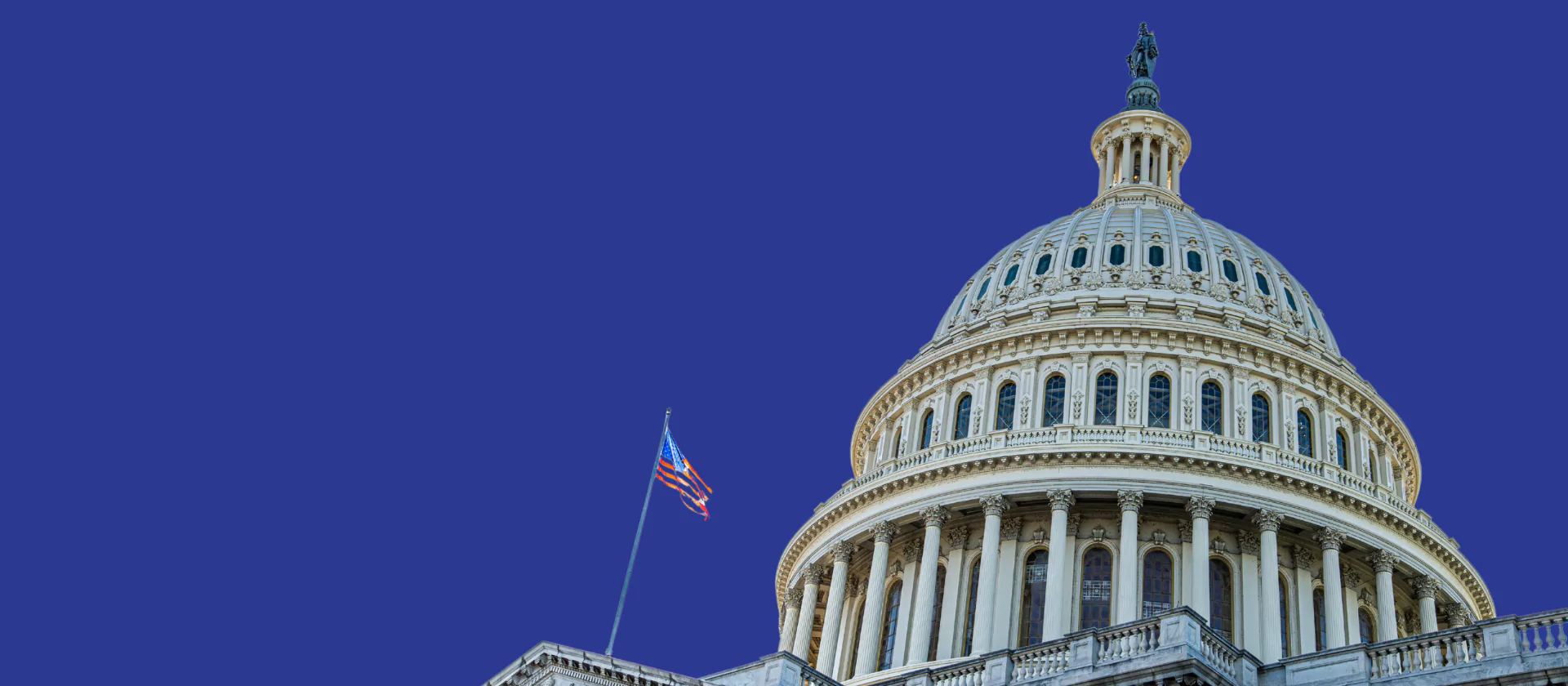During a television interview recently, I was asked what tax break I considered the most outrageous of the 352 tax breaks explained in Oregon’s Tax Expenditure Report. Trying to look thoughtful, but under pressure to come up with an answer without too much delay, I suggested the tax break that rewards companies for investing in overseas corporations.
According to Oregon’s first Tax Expenditure Report, Oregon taxpayers subsidized the foreign investments of corporations that conduct business in Oregon to the tune of $6.6 million in 1995-97. In the upcoming 2005-07 budget period, this tax break is going to cost us $22.4 million. That’s a three-fold increase in just 10 years.
It makes little sense in terms of jobs, the state’s fiscal condition, or our economic development in general, to subsidize investments in foreign companies. What has Oregon received for the three-fold increase in funding foreign investments? What do we get over the course of the next two years for the $22 million investment in foreign corporations?
A bit of Monday morning quarterbacking after the interview gave me second thoughts about whether there were better examples. Because its not listed in the official report on tax breaks, I neglected to choose the tax break for multistate corporations that will allow companies such as Intel to get away with paying Oregon only $10 a year in corporate income taxes on their billions of dollars in profits.
I also forgot about Oregon’s tax break for some out-of-state financial institutions that own Oregon mortgages. The problem with that one is that we don’t know how much the loophole is costing us. No one in the Legislature can tell you its cost. It may not be much money, but shouldn’t the Legislature and the public know the extent of taxpayer subsidies for out-of-state banks?
Under a law enacted in 1995, the Governor has to report the current and future costs of all tax breaks, or tax expenditures as they are technically called, as part of the budget presentation every two years. You can get a copy of the most recent Tax Expenditure Report from the Department of Revenue. It makes instructive reading.
The tax break for out-of-state financial institutions is not the only secret spending. Regrettably, the state does not quantify the costs of a number of tax breaks listed in the biennial tax expenditure report. Having done nothing to quantify or end the secret spending, our legislators apparently are content writing blank checks with our tax dollars.
We have tax breaks for enterprise zones and timber companies and legislators don’t know how much they are costing us. As I already noted, the Tax Expenditure Report ignores the new tax break for companies that primarily sell their goods out of state that is likely to result in Intel paying just $10 a year in corporate income taxes. That same provision will give a huge tax break to Nike and other large, multistate companies when fully phased in. Yet, it’s not quantified and analyzed.
Imagine the outrage if legislators told constituents that they voted for an agency budget but didn’t know the price tag. Yet, each year that the Legislature does nothing to ensure the Tax Expenditure Report quantifies all tax breaks, the Legislature is tacitly approving a state subsidy to out-of-state financial institutions and other beneficiaries of unquantified tax breaks.
It’s time our legislators put an end to the secret subsidies and blank checks lurking in our tax code.
More about: corporate income tax, corporate minimum tax, intel, tax expenditures





